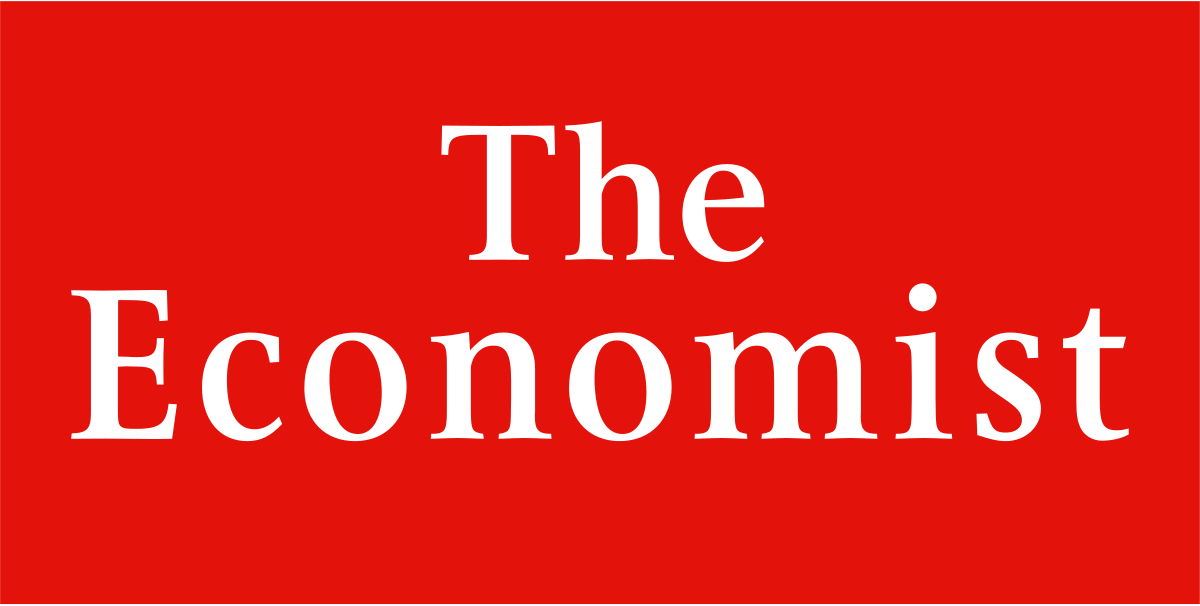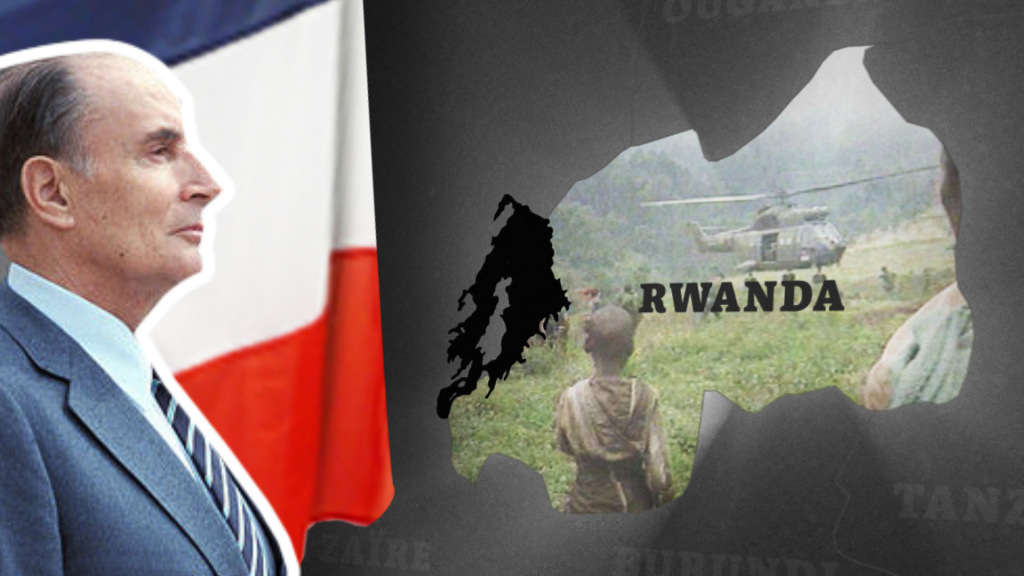Opinion
The Economist blares racist narrative on Rwanda

The Economist enlightened its hostile editorial about Rwanda
There are
individuals or organizations who have, and continue to, openly show enmity
towards Rwanda and its leadership, mainly President Paul Kagame. One of these
notorious and unrepentant offenders is the London-based publication, The
Economist.
As Rwanda gets ready to host the Commonwealth Heads of Government Meeting (CHOGM), in June, some media in the West, including this weekly newspaper owned by The Economist Group, have been busy mudslinging Rwanda so the venue could be changed, or the event cancelled. But it all is a futile effort. Commonwealth countries have full confidence in Rwanda, and President Kagame, to successfully host the event.
Peddling its
poisonous narrative about Rwanda, The Economist recently published another
op-ed titled: “Paragon or Prison? The
furious debate about Rwanda and its autocratic president.” Such an alarmist
headline depicting Rwanda and its President in bad light is only aimed at
creating outrage and harsh criticism, maligning Rwanda and its leadership.
They continue to
describe this resilient and progressive nation's President as autocratic and
Rwanda as a small poor country, as if the size and economic status is a
disease.
President Kagame
once said: “We are a small country, but we are not small people."
The numerous
articles published by The Economist about Rwanda shed light on the hostile
editorial this British publication adopted against Rwanda. Kagame is a duly
elected President. And The Economist should respect the will of majority
Rwandans who chose him as their leader.
The writer of the
recent article wrongly believes that “the regime has also attracted unwelcome
publicity by kidnapping someone famous: Paul Rusesabagina, who was portrayed in
the film “Hotel Rwanda” saving hundreds of Tutsi people during the 1994
Genocide.
This is, among
other things, a clear case of Western double standards. If The Economist was
doing serious journalism and not biased and lazy armchair journalism like many
in the West do, they would keep silent because they know very well from the
ongoing trial of Rusesabagina and others, that for years, that so-called “hero”
funded terrorist
outfits, notably the Democratic Forces for the Liberation of Rwanda (FDLR).
Evidence was
gathered by the FBI and the Belgian Police and transmitted to Rwanda. Doesn’t
Rwanda as a sovereign nation have the right to track and apprehend whoever is
intent on doing harm to national sovereignty just like Britain, the US and any
other country would do? Rusesanagina’s
Hollywood made heroism should not blind the world from his involvement in
funding terrorism. Hollywood made heroism is neither a passport for immunity
nor impunity.
If we go by The
Economist’s reasoning, Britain and the US should not be fighting the war on
terror in Afghanistan, Iraq, Syria, and Somalia.
The article is
also full of racist arguments. They note that Kigali streets are clean, in a
small and poor country as if one expects Rwandans to live in a filthy,
unhealthy environment. Rwandans made
their choices early on to preserve the environment. Again more shocking is the
way the writer denigrates the toughness Rwanda showed in handling the Covid-19
pandemic, and talks of harsh consequences for anyone breaking official
guidelines.
Rwanda had two
major lockdowns because of the rise in Covid-19 cases. Rwandans accepted the
pain, and the bet paid off. People came out of the lock-down and life is
progressively returning back to normal.
But countries in
Europe including Germany, France, and The Netherlands are still experiencing an
uptake in Covid-19 cases and have imposed an extended period of lockdown. Will
the Economist criticize these European countries the same way.
The writer relies
on information provided by Rwandan dissidents like Serge Ndizeye, a radio
journalist on the online Radio Itahuka that belongs to the terror group -
Rwanda National Congress (RNC).
It smacks of poor
judgment to quote such an activist regarding the assassination of Seif
Bamporiki in South Africa, and without any shred of evidence, blame it on
Rwanda.
Concerning
Rwandan matters, it is strange to see that this debasing article quotes the old
Belgian Professor Filip Reytjens! What good can he say about Rwanda when he was
a legal adviser of the genocidal regime?
He only thrives on the White supremacist arrogance - that since he
worked for the Habyarimana government, he is an expert on Rwanda, on the Great
Lakes Region, and Africa!


